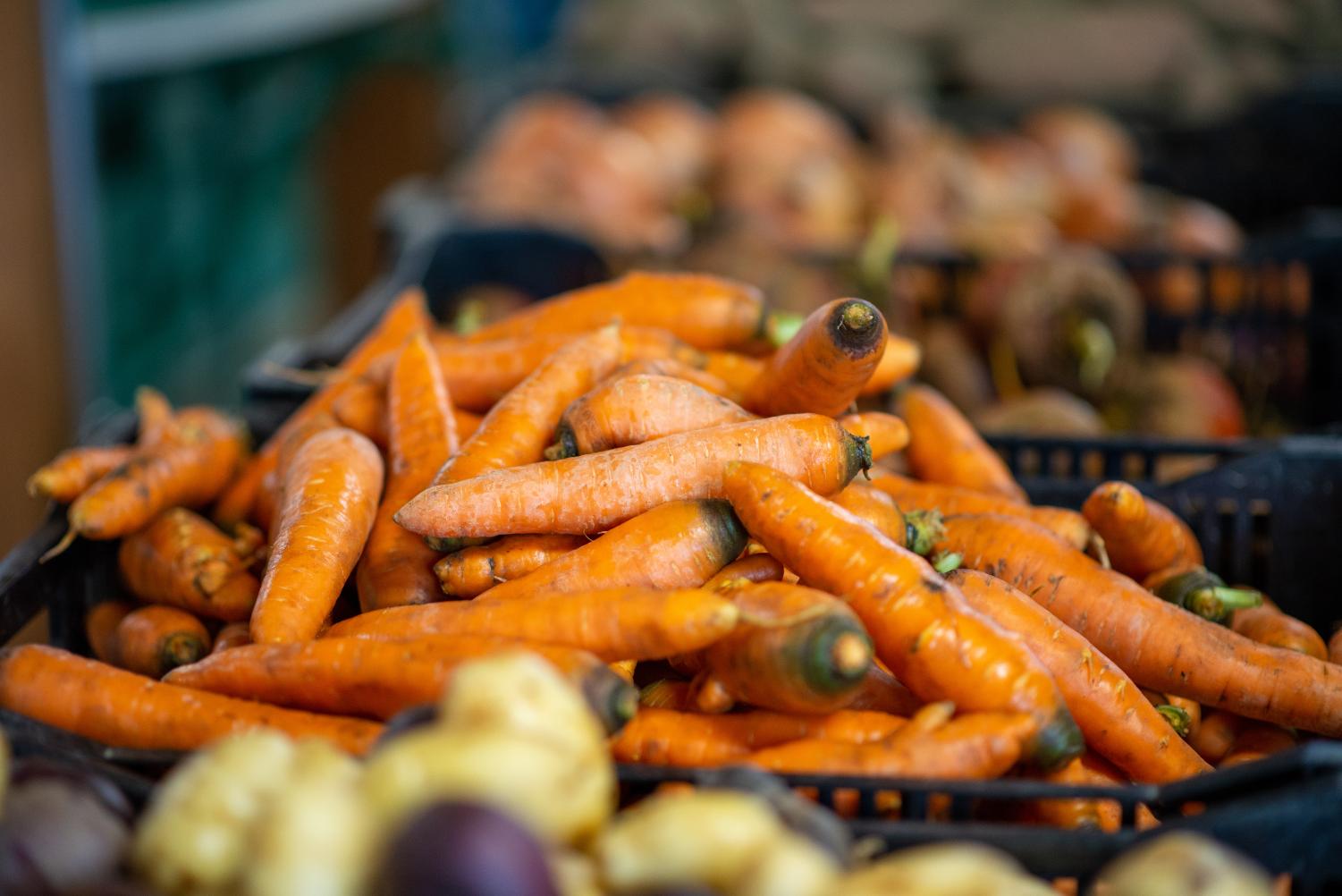Food to fuel: The power of nutrition for optimal athletic performance
UMass athletes use nutrition to help achieve their athletic goals
March 9, 2022
There are many different factors that contribute to an athlete’s level of performance. One of these factors is nutrition. Nutrition alone won’t make or break how well an athlete performs. However, properly fueling training with food can be vital to an athlete striving to reach their full potential.
The type of nutrients an athlete will strive off depends on the training regimen and specific sport an athlete participates in. There are four main categories of food that are beneficial for all athletes to consume.
Registered dietitian nutritionist and UMass nutrition lecturer Elizabeth Devine explained that carbohydrates, protein, vegetables and hydration are essential components to an athlete’s diet.
Not only does the type of nutrients an athlete is putting in their body matter but the overall amount of food an athlete eats, can also help to sustain intense levels of training.
“The higher the training load the more energy somebody’s going to need. They need to be able to fuel that energy,” Devine said.
Alongside eating the right types and amount of food it is also important for an athlete to be persistent in having good nutrition. One nutrient dense meal is not going to have as much of an impact compared to consuming nutrient dense foods over a long period of time. This consistency takes a lot of time and focus.
Freshman nursing major Abby Boissy is a member of the UMass swim club and powerlifting club. She said that while nutrition plays a vital role in her training it also takes a lot of commitment to do.
“It is something that requires a lot of discipline,” Boissy said. “You have to heavily incorporate it into your lifestyle.”
Having proper nutrition can help an athlete’s performance in a variety of ways. Devine noted that nutrition has been shown to improve an athlete’s performance by, “decreasing recovery time, improving muscle synthesis, contributing speed and power, and helping with concentration and coordination.”
For Boissy, eating an adequate amount of protein has been essential to seeing improvements in her powerlifting training. Boissy explained that she is currently in a hypertrophy stage of training for powerlifting. The goal of hypertrophy training in powerlifting is to add muscle to make heavier lifts.
“The only reason I wasn’t seeing the gains and the physical muscle mass was because I wasn’t eating enough protein,” Boissy said. “As soon as I went into a protein surplus, I immediately saw my numbers go up.”
Sophomore psychology major and swim club member Julian Estmen’s main goal in swimming is to always do his best. He explained that, “I had to fuel my body the right way” in order to accomplish his goal.
This first step for an athlete to use food to fuel their training is being knowledgeable on nutrition. Understanding how and what foods are beneficial for athletic training can help guide an athlete into consuming the proper nutrition for their sport.
Kinesiology lecturer Greg Grinnell stressed the importance of an athlete’s education on nutrition.
“Knowledge is power, so the education of athletes in my opinion is really important to give these athletes the tools they need to think and to fuel themselves.”
Grinnell advised athletes who are looking to learn more about nutrition to “speak to somebody [who is] aware of nutritional fueling strategies. To seek a source that is well versed in nutrition especially for athletes.”
Boissy credited working with a private trainer and taking nutrition courses to her “better understanding of the science behind food.” Having this greater insight on nutrition has allowed Boissy to properly fuel her body for powerlifting and swimming.
Sophomore nursing major Beckett Herman is on the UMass club wrestling team. Herman said by learning “the basics of stuff like Omega-3 fats and what to eat and what not to eat” from the nutrition courses he had to take for his major, he’s been able to apply his knowledge on nutrition to his own training.
With the proper education of and dedication to nutrition, food can help fuel athletes in achieving their optimal athletic performance.
Corinne Arel can be reached at [email protected] and followed on Twitter @CorinneArel_09.
